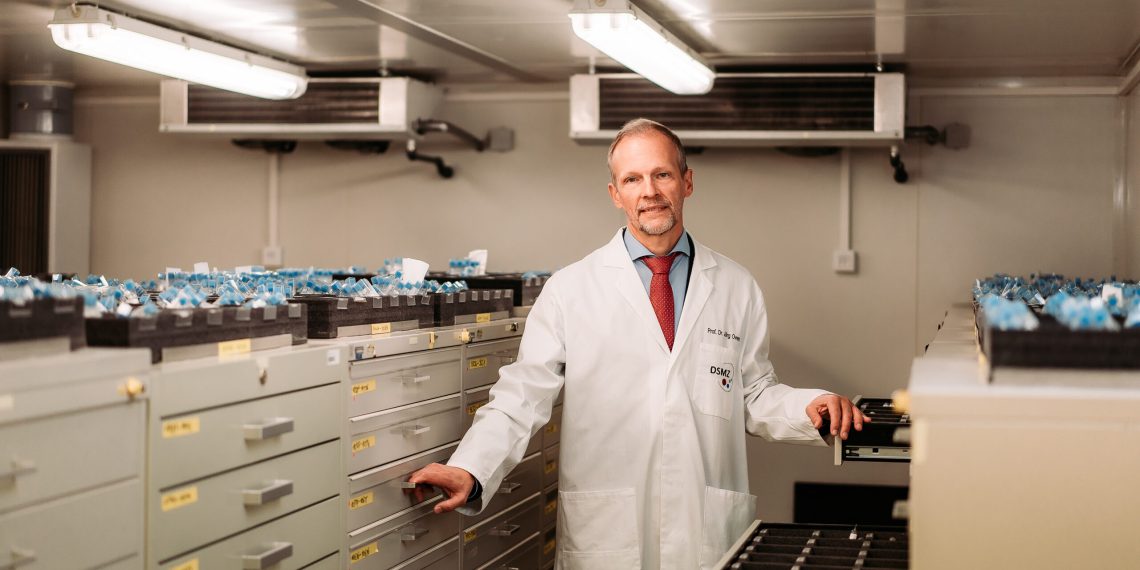In a recent publication in the prestigious journal Nature Communications, 41 researchers from 17 countries offer a compromise on the controversial issue of using “digital sequence information” under the UN Convention on Biological Diversity (CBD). The knowledge creators explain why a policy solution for digital sequence information (DSI) is imperative and propose an approach that would support the conservation of biodiversity while still allowing the free use of genetic data.
They present a policy process that creates a positive feedback loop and thus incentives for affected countries to generate and share digital sequence information about the biodiversity that exists there, while receiving the required benefit-sharing. The authors argue that such an approach must be “multilateral” to be successful. This means that nations around the world must cooperate and agree on common rules. The authors urge policymakers to work with researchers who rely on DSI to develop this multilateral regime so that a political solution does not impede important biodiversity research.
“If a policy solution is based on these scientific facts, it can promote biodiversity conservation, international cooperation, and development while ensuring equitable benefit sharing.”
- Prof. Dr. Jörg Overmann, Scientific Director
“Biodiversity is a natural reservoir on which our food security and health as well as well-being in general depend. Yet it is under threat. To preserve it and halt its loss, open access to data for bioscience creators, combined with fair and equitable sharing of the benefits of its use, should be at the core of a global policy solution,” says Prof. Dr. Halima Benbouza, Director of the National Council of Scientific Research and Technologies in Algeria.
There is widespread agreement that urgent international action is needed to halt the ongoing destruction of the planet’s biodiversity. Parties to the United Nations Convention on Biological Diversity (CBD, https://www.cbd.int/) are currently negotiating the post-2020 global biodiversity framework that will guide efforts to protect our planet in the coming decades. Disagreements have arisen over how genetic resource data, known as digital sequence information, should be treated in the new framework.
Researchers have a long and successful history of openly sharing digital sequence information through online scientific databases. This culture of sharing is central to biodiversity research and has enabled technological advances in diverse fields such as medicine, food safety, and environmentally friendly energy production.
Online databases contain digital sequence information from hundreds of thousands of organisms and are expanding daily. These widely shared resources enable scientific reproducibility, transparency, and progress. For example, sharing digital sequence information was critical to the rapid development of SARS-CoV‑2 tests and vaccines. “Progress and science are only possible today because researchers can freely access data!
The Open DSI revolution, with its free flow of data across national borders, has led to a democratization of scientific practice and enabled free access to genetic sequence information for biomedical research and monitoring, as well as biodiversity conservation,” emphasizes Prof. Dr. Ibon Cancio from Plentzia Marine Station (PiE-UPV/EHU), EMBRC-Spain.

















